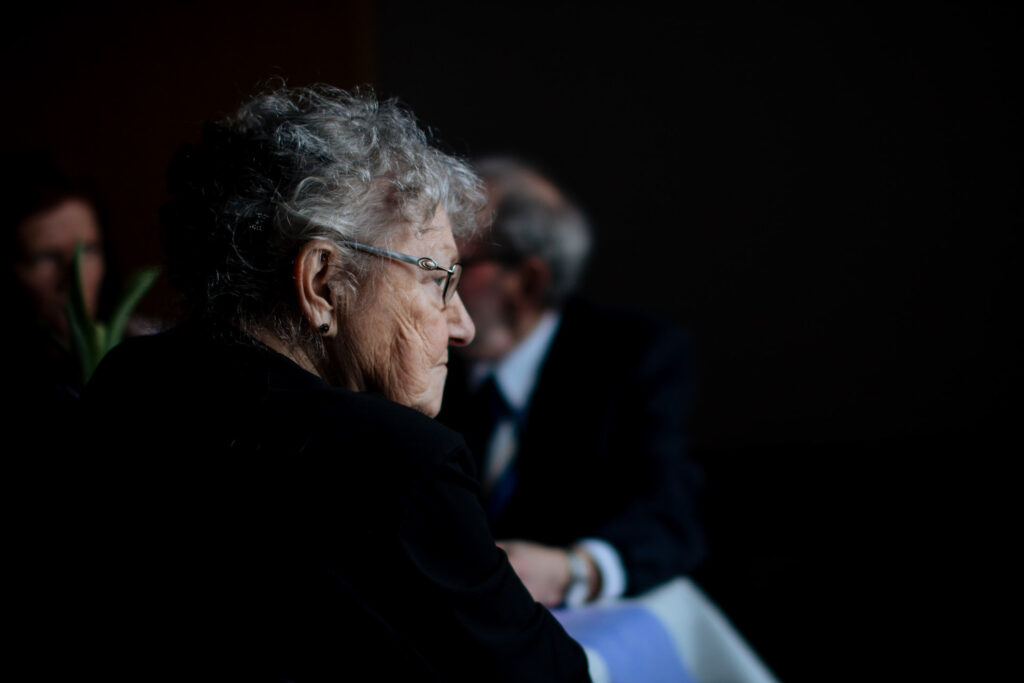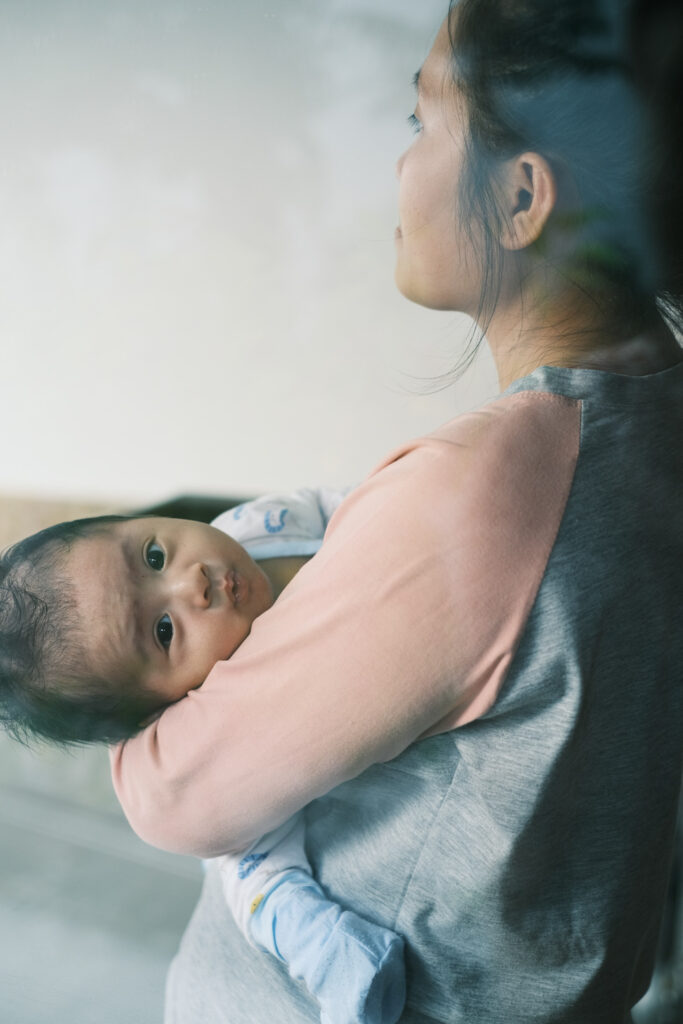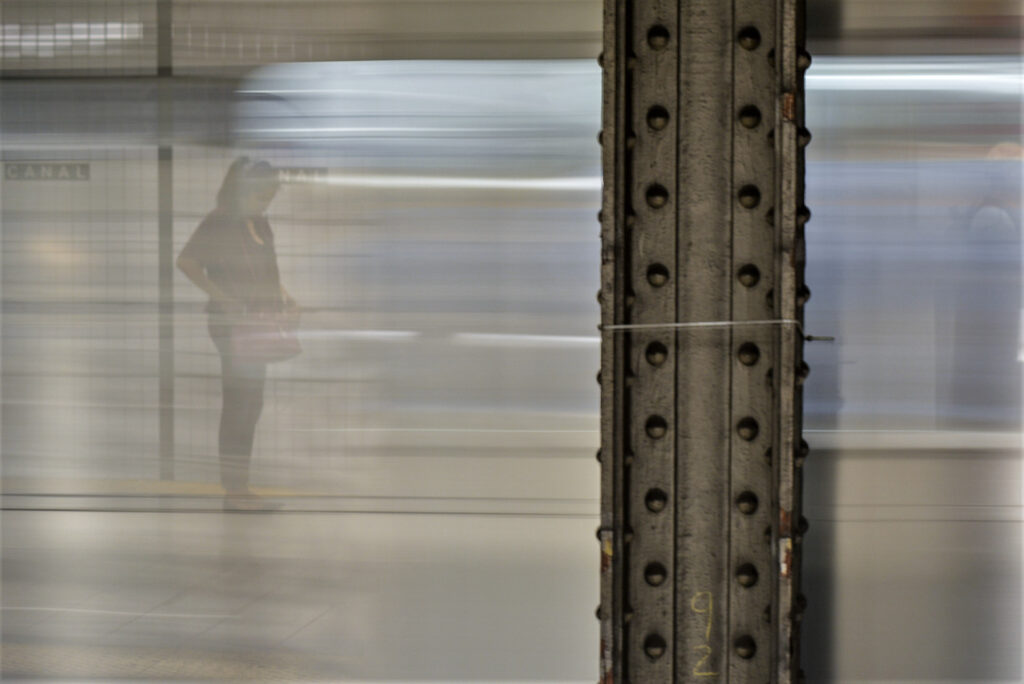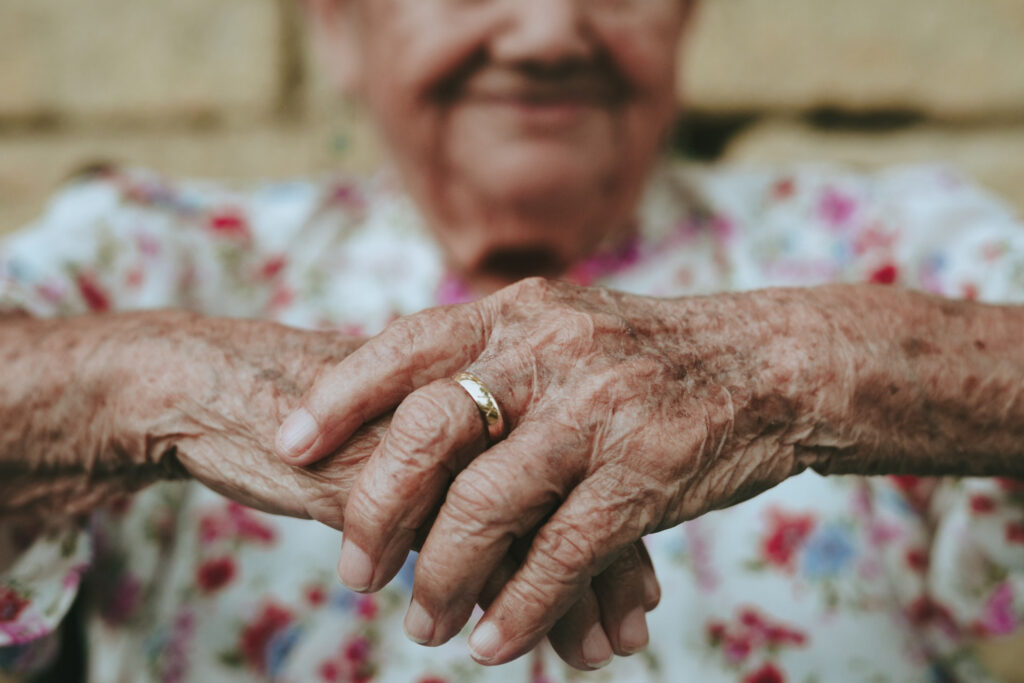
Retirement should be the light at the end of the road celebrating and rewarding a lifetime of work; but for many women in retirement, they face homelessness. Between the 2011 and 2016 census, homelessness in women aged over 55 increased by 31% - making them the fastest growing group to experience homelessness. The accumulation of systemic practices that denied women the opportunity to obtain a home mortgage until the 1970s, that denies women superannuation pay throughout maternity leave and that pays women less than their male counterparts have contributed to a society that is unliveable for retirement age women. Retirement inequality is alive and thriving, and it is only getting worse with each year passing.

Financially, women are disadvantaged throughout their lifetime. On average, they earn $263.90 less than their male counterparts each week, placing the gender pay gap at 14.1%. When this is accumulated over a lifespan, women miss out on more than $500,000. But the importance of the gender pay gap is less about the fact that women earn less than men and more to highlight the social and economic factors that prevent women from obtaining higher earning capacities. The majority of domestic labour falls on the shoulders of women; 64% of a woman’s average working week is spent on unpaid care work for elderly relatives and children, resulting in disruptions in women’s careers or being forced to take on part-time work. Women are more likely to be overlooked in recruitment processes and restricted from obtaining higher-paying jobs in male-dominated fields. And in professions dominated by women, they are paid less than their male counterparts despite holding equivalent qualifications. All these factors contribute to a reality where women in retirement age accumulate less savings and superannuation, and consequently face poverty.

The point at which most women leave or halt their career is during pregnancy, where many women are either discriminated against and wrongly forced out of their job, or drop down to part time work following childbirth. The current superannuation system is linked to paid work, meaning it directly disadvantages women who move in and out of paid work to accommodate for domestic needs. Superannuation is also not required to be paid throughout maternity leave, adding to the reduced amount of super that women have access to upon retirement. Whilst on maternity leave and part time work that falls below the tax threshold, women are unable to pay off their HECS debt - meaning they spend longer on average paying off their debt. Having a HECS debt also negatively affects a woman’s ability to obtain a home loan on top of being perceived as a high-risk borrower if on maternity leave. KPMG’s report on gender inequality revealed that the median superannuation balance for men aged 60-64 years is $204,107 whereas for women in the same age group it is $146,900, a gap of 28%. With the average life expectancy for women being four years longer than men, women are expected to live longer on less money.

All of these factors lead to retirement inequalities and an alarmingly sharp increase in the number of homeless women in the 45+ year age range. The research also shows that most of these women have never been homeless before, and a sudden event like the death of a spouse, divorce, sudden illness, domestic violence or no-grounds eviction can push a woman into homelessness. Age discrimination means that older individuals and women are unable to find work, and an increasingly unaffordable rental market creates a reality where women are unable to support themselves on their super. Homelessness takes the form of living with friends, couch surfing and overstaying welcomes with relatives.

Many women find themselves at the end of their life stranded in poverty and homelessness, and blame themselves for ending up in this situation. But the problem falls squarely on a larger, broken system that allows for elderly women to live in fear of homelessness. There are many arguments insisting that the gender pay gap doesn’t exist or that women choose to take on lower-paying jobs. The gender pay gap is not just about women earning less - it is about women being able to meet their basic needs, throughout the entirety of their lives.
